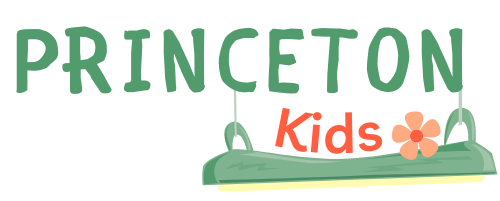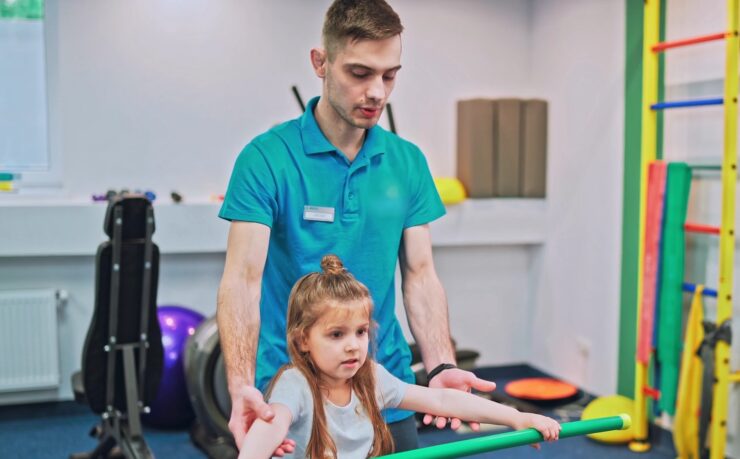Becoming a certified youth fitness trainer is a rewarding career path that allows you to help young people build healthy habits, improve physical fitness, and boost their confidence. However, working with youth requires a specialized set of skills, knowledge, and certifications beyond what’s needed for adult personal training.
If you’re passionate about fitness and want to make a difference in the lives of children and teenagers, getting certified as a youth fitness trainer is an excellent way to start. Here are some essential tips to guide you through the process and help you excel in this unique and impactful role.
1. Choose the right certification program
The first step toward becoming a certified youth fitness trainer is selecting the right certification program. There are many fitness certifications available, but not all are tailored to working with young people.
When choosing a certification, it’s important to consider the program’s reputation, the depth of its curriculum, and its industry recognition. A well-respected certification will not only provide you with the skills necessary to train youth but also enhance your credibility and marketability in the fitness industry.
Make sure to research the prerequisites for each certification as well, as some may require you to hold a general personal training certification before enrolling in a specialized youth program.
If you want to know more about this whole process and how to get your certification, check https://www.americansportandfitness.com/products/youth-fitness-certification.
2. Understand child development and exercise science
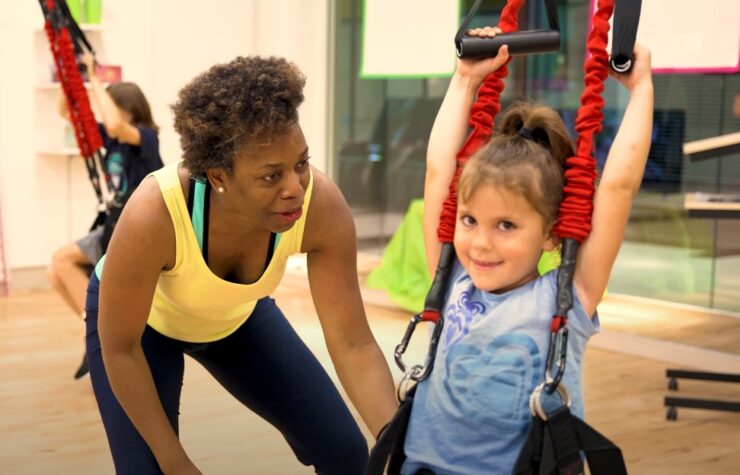
Working with youth is significantly different from working with adults, and one of the key areas that sets it apart is understanding child development. To be an effective youth fitness trainer, you need to be well-versed in how children and adolescents grow, both physically and mentally. This knowledge will help you design age-appropriate workouts that promote healthy development without overloading young bodies.
In addition to understanding general physical development, it’s crucial to have a strong foundation in exercise science. This includes knowledge of biomechanics, movement patterns, and injury prevention strategies specific to youth. Many certification programs cover these topics, but it’s important to supplement your learning with continued research and education.
3. Gain experience working with youth
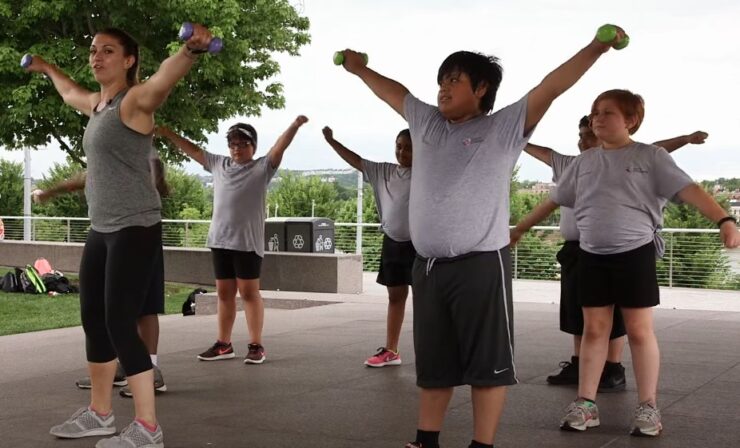
Before committing to a career as a youth fitness trainer, it’s essential to gain hands-on experience working with children and teenagers. This experience will not only help you determine if this is the right path for you but also give you practical insights into how young people respond to different exercises, training styles, and motivational techniques. Volunteering at schools, youth sports programs, or community centers can provide valuable experience and help you develop your teaching and communication skills.
It’s important to remember that working with youth requires patience, creativity, and the ability to adapt your approach to meet the needs of each individual. Some children may be naturally athletic, while others might struggle with coordination or motivation. Gaining experience in a variety of settings will prepare you to handle different personalities and fitness levels, ensuring you can offer personalized and effective training to every client.
4. Build strong communication and coaching skills
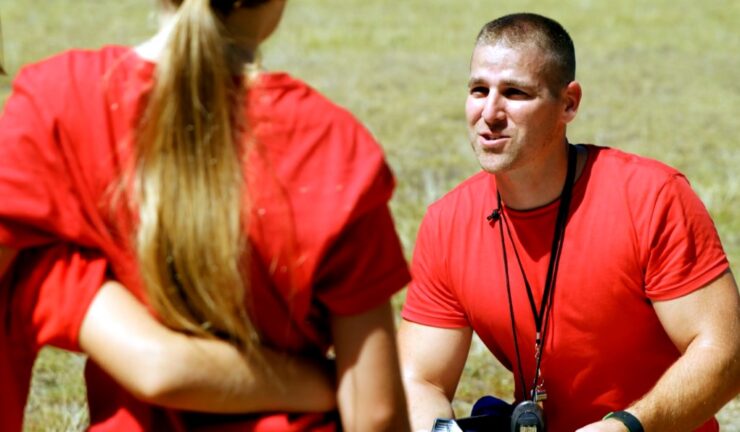
As a youth fitness trainer, your ability to communicate effectively with both your young clients and their parents is crucial. Children and teenagers require clear, simple instructions, and it’s important to make fitness fun and engaging to keep them motivated.
You’ll need to explain exercises in a way that is easy to understand, using language that resonates with different age groups. Additionally, learning how to offer positive reinforcement and constructive feedback will help you keep kids encouraged and focused on their goals.
Parents, on the other hand, will want to know that their children are in safe hands and are receiving appropriate training. Building strong communication skills will enable you to keep parents informed about their child’s progress, answer any questions they have, and address concerns about safety or development.
5. Focus on injury prevention and safety
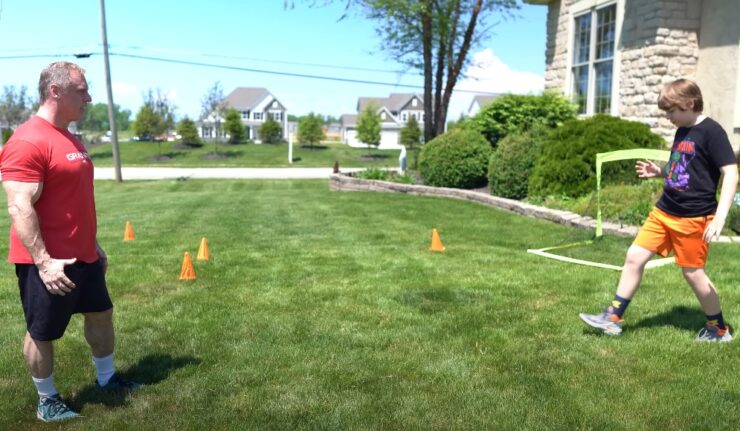
Youth fitness training comes with unique safety challenges. Because children are still growing and developing, they are more susceptible to injuries, especially if they are pushed too hard or engage in exercises that are not suitable for their age and skill level. A critical aspect of becoming a certified youth fitness trainer is learning how to create safe, effective programs that focus on injury prevention.
This includes knowing how to assess a child’s fitness level, understanding the limitations of growing bodies, and using age-appropriate exercises. Proper warm-ups, cool-downs, and flexibility training are essential components of any youth fitness program, as they help reduce the risk of injury.
Certification programs often cover these topics in depth, but it’s essential to stay informed about the latest research on youth fitness and safety. By prioritizing injury prevention, you ensure that your young clients can enjoy fitness without risking harm.
6. Keep learning and stay certified
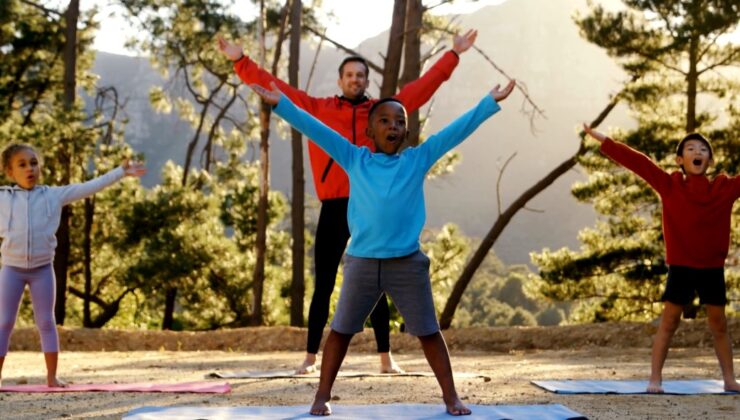
The fitness industry is constantly evolving, and continuing education is key to staying current with the latest techniques, trends, and safety guidelines. Even after you’ve obtained your youth fitness certification, it’s important to invest in ongoing education to sharpen your skills and expand your knowledge.
Many organizations offer workshops, webinars, and additional certifications in areas such as nutrition for youth, sports conditioning, and mental health. Additionally, make sure to stay on top of certification renewal requirements.
Most certification programs require trainers to renew their credentials every two to three years, often by completing a certain number of continuing education units. Keeping your certification up to date not only ensures that you’re providing the best possible service but also helps you maintain your credibility and reputation in the fitness industry.
Becoming a certified youth fitness trainer requires dedication, education, and a genuine passion for helping young people lead healthier lives. Strong communication skills, a commitment to injury prevention, and a focus on continuous learning will help you stand out as a knowledgeable and compassionate trainer. With the right preparation and mindset, you can make a lasting impact on the health and well-being of the next generation.
